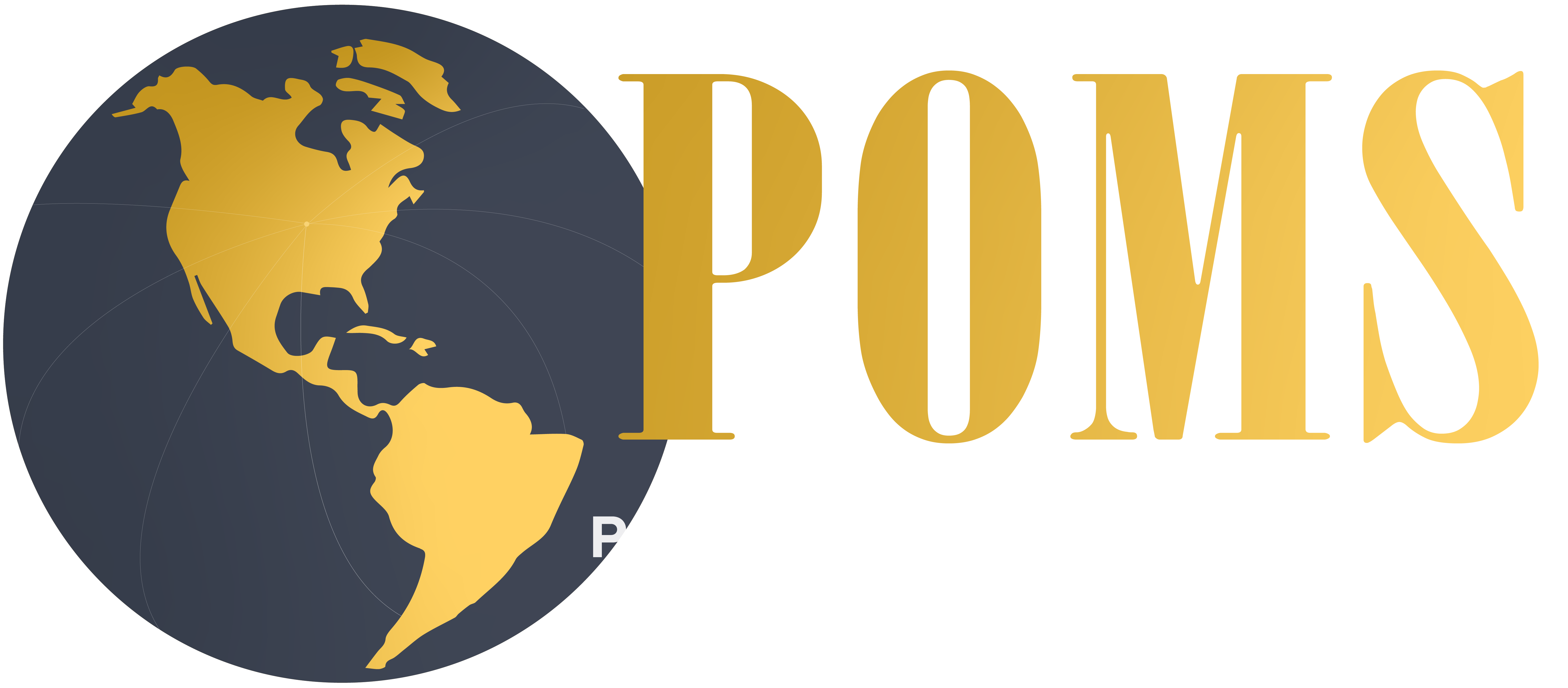SUSTAINABLE OPERATIONS
Mission Statement
The department invites papers based on the triple concern of 'People-Planet-Profit'. We believe that research in sustainable operations should be based on solid principles such as making a profit in order to be economically sustainable. However, it has become increasingly clear that global supply chains (which include both manufacturing and service activities) become more global and expansive, also need to pay attention to the well-being of people and the planet, i.e., supply chains should strive for sustainability in a wider sense. Hence, the motivation of this department is based on the growing opportunities stemming from the people-profit-planet view of sustainability and the obvious intersections with operations and supply chain management. Paper topics are potentially unlimited, but include the following examples:
- Interfaces between operations management and environmental impact (industrial ecology, lifecycle analysis)
- Product recovery and take-back issues (reverse logistics, consumer returns, remanufacturing, closed-loop supply chains)
- Lifecycle approaches to design, production and supply chain management
- Environmental sustainability and social responsibility in supply chains, including sustainable sourcing
- Environmental legislation
- Renewable energy, energy efficiency, and energy conservation
- Sustainable business models such as circular economy, servicizing and others.
- Sustainable product and process innovation
It is important that the topic of the submitted paper is not recognized as part of established mainstream research in other Departments yet, otherwise the paper should be submitted to the appropriate specialized Department. Authors are requested to motivate why their paper is being submitted to this "Sustainable Operations" Department.
All manuscripts submitted for review will be expected to show managerial relevance and scientific rigor. The problem studied should be firmly grounded in practice and must be motivated by issues faced by a firm or industry. Authors are encouraged to motivate clearly and convincingly why the particular problem they study is innovative and important to both industry and academia.
The Department is open to all research methods provided the analysis in the paper shows a sound methodological base.
Departmental Editors

Professor Karen Donohue
Arizona State University
Karen.Donohue@asu.edu

Professor Nicholas C Petruzzi
University of Wisconsin-Madison
npetruzzi@wisc.edu
Senior Editors
James Abbey, Texas A&M University
Atalay Atasu, INSEAD
Tamer Boyaci, ESMT Berlin
Suvrat Dhanorkar, Pennsylvania State University
Gokce Esenduran, Purdue University
Michael Galbreth, University of Tennessee
Luyi Gui, UC Irvine
Manpreet Hora, Georgia Institute of Technology
Basak Kalkanci, Georgia Institute of Technology
Robert D. Klassen, University of Western Ontario
Tim Kraft, NC State University
Deishin Lee, University of Western Ontario
Michael K. Lim, Seoul National University
Suresh Muthulingam, Pennsylvania State University
Gil Souza, University of Tennessee, Knoxville
Ravi Subramanian, Georgia Institute of Technology
Nur Sunar, University of North Carolina (UNC) at Chapel Hill
Necati Tereyagoglu, University of South Carolina
Owen Wu, Indiana University
Eda Kemahlioglu Ziya, NCSU

